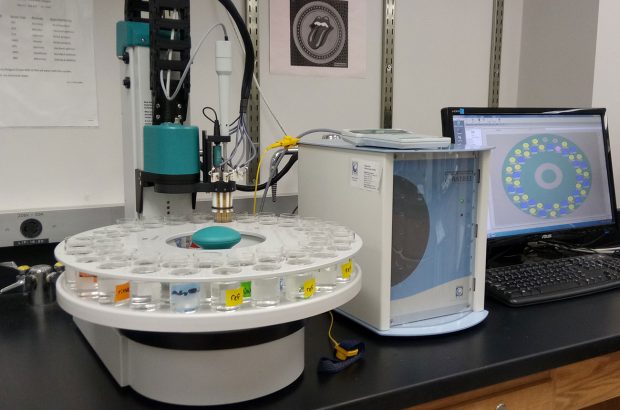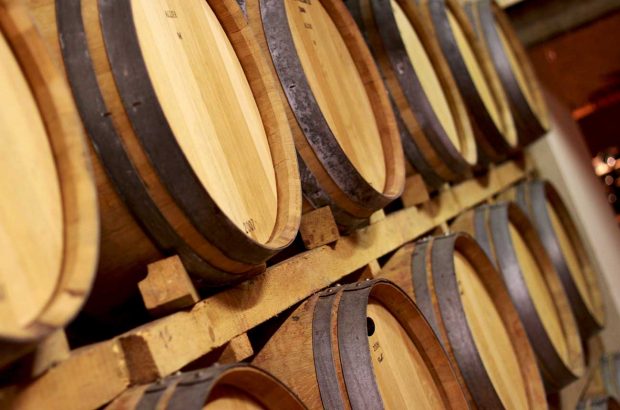In the following story we reported that seven wineries had been fined for waste control reporting offences. We now understand that imposition of the fines was as a result of admininistrative errors by SISS - the Chilean government's sanitary services department - and that no fines are to be levied. In addition, the deadline for return of the waste management forms has been extended to September 2006.
The Chilean wine industry is panicking as seven wineries are fined thousands of dollars for missing government waste control deadlines.
The wineries – Camino Real, Chequén, Lontué, Nilahue, Sieguel, Ureta and Valle de Itata – were fined almost US$70,000 each for failing to deliver to authorities an inventory of their probable liquid waste emissions by the September 2005 deadline.
Dozens of wineries are having difficulty getting up to speed with the country’s new environmental regulations on industrial liquid waste, prompting panic in the sector and a flurry of government sanctions.
According to Chile’s Sanitary Services Superintendency (SISS), which is responsible for implementing industrial liquid waste standards, some 21 other wineries are also in the process of being fined. The regulations go into full effect in September 2006.
None of these companies was available for comment, but Anibal Ariztia, president of Vinas de Chile, the nation’s largest wine grouping, said recently that numerous wine companies here will ‘not be able to 100% comply’ by then.
Veronica Vergara, director of the enforcement division for the SISS, told decanter.com that wineries have had five years to meet environmental requirements.
According to Paula Vasconi, an environmental scientist with the Santiago group Terram Foundation, winery liquid waste is mainly organic matter. Though Chilean wineries insist that they have been discharging this waste into rivers and irrigation canals for years without any harmful effect, Vasconi said that without treatment such waste can accumulate to the point that it chokes off oxygen in aquatic ecosystems and kills fish and other marine life.
Moreover, if untreated waste water from wineries is re-used to irrigate crops it clogs the pores of plant life, killing them and turning fields brown.
Rene Florsheim, business manager of Ecoresol, a Santiago environmental consultancy, told decanter.com that treatment plants cost between US$600,000 and US$1m.
He said his firm is working with wineries such as Terra Noble and Portal del Alto on a cheaper alternative: treating waste water for re-use on other crops. ‘A lot of companies, though, are mistakenly betting that the government will be lax and give them more time to comply.’
Written by Jimmy Langman



